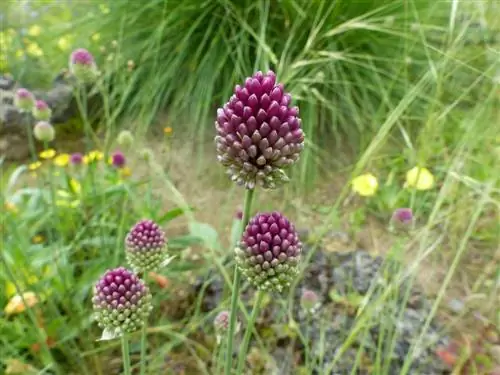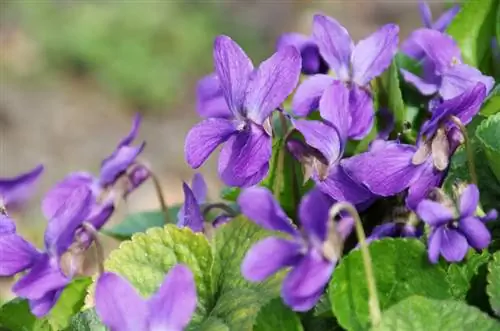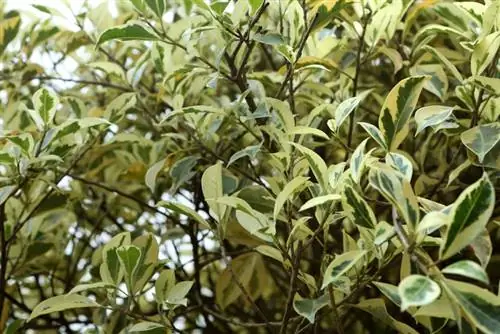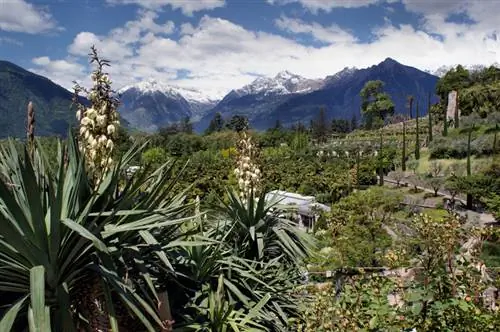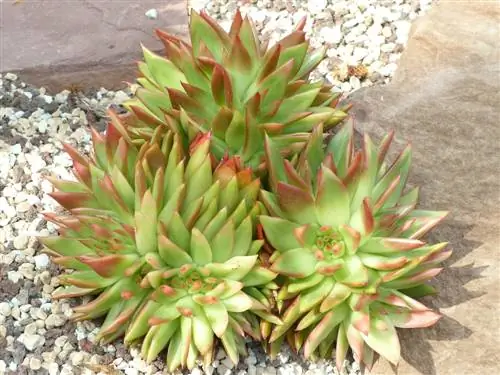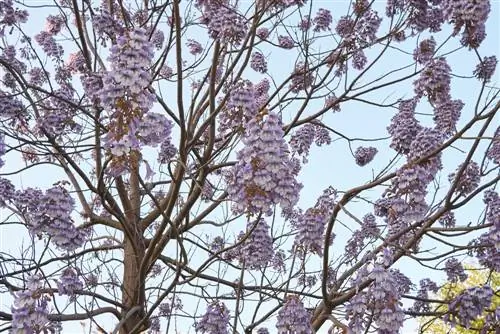- Author admin [email protected].
- Public 2023-12-16 16:46.
- Last modified 2025-06-01 06:02.
According to the definition, perennials are hardy garden flowers that thrive each season for several years. A look behind this sober explanation of terms opens the door to a colorful, picturesque world of flowers that leaves no design wish unfulfilled. Get to know some of the most beautiful sun worshipers among the perennials here.
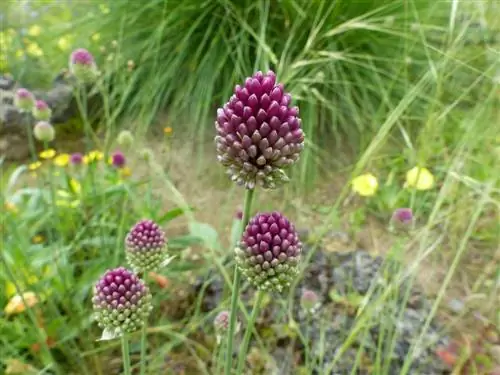
Which perennials are suitable for sunny locations?
Beautiful perennials for sunny locations include the sun bride “Rauschtopaz”, daylily “Chicago Apache”, concardium flower “Burgundy”, daisy, scabiosis “Perfecta Alba” and the dwarf delphinium “Butterfly”. These bloom for several years and add color and structure to the garden.
Bedding perennials - the floral backbone in the sunny garden
In creative garden design, it is the responsibility of the bedding perennials to add floral splendor to the appearance. No garden style can do without the long-lasting flower beauties. Even in the spartan Japanese garden, solitary perennials play an important role. The following species and varieties have stood out for the sunny location:
| Bedding perennials for sunny locations | botanical name | Flowering time | Flower color | Growth height |
|---|---|---|---|---|
| Sun Bride “Rauschtopaz” | Helenium hybrids | July to September | amber ray flowers with brown eye | 130 to 160 cm |
| Daylily “Chicago Apache” | Hemerocallis hybrids | July to September | velvet blood red, yellow throat, wavy flower edges | 60 to 80 cm |
| Large-flowered concardium flower “Burgundy” | Gaillardia x grandiflora | July to September | deep red ray flowers with arched center | 60 to 80 cm |
| Marguerite | Leucanthemum x superbum | July to September | white flowers with yellow eye | 80 to 100 cm |
| Scabious “Perfecta Alba” | Scabiosa caucasica | July to September | white plate flowers | 60 to 80 cm |
| Dwarf delphinium “Butterfly” | Delphinium grandiflorum | June to September | dark purple flower spikes | 30 to 40 cm |
So that the flower spectacle continues seamlessly in autumn, the charming genus of asters comes into focus. A shining example is the autumn aster (Aster novi-belgii 'Carmine Dome'), which presents itself in a sunny location with carmine-red, semi-double flowers from September onwards.
Wild perennials - natural beauties with modest demands
Wild perennials demonstrate closeness to nature and make life easy for gardeners with modest demands. Browse the following selection of beautiful species and varieties with a preference for sun:
| Wild perennials for sunny locations | botanical name | Flowering time | Flower color | Growth height |
|---|---|---|---|---|
| wood anemones | Anemone nemorosa | March and April | white to pink | 10 to 25 cm |
| Black hollyhock | Alcea rosea nigra | July to September | blackred | 130 to 180 cm |
| Ball-headed leek | Allium sphaerocephalon | June to August | purple | 40 to 70 cm |
| Dyer's chamomile | Anthemis tinctoria | June to September | bright yellow | 40 to 60 cm |
| Wildrose | Pink canina | June to August | white-pink | 200 to 300 cm |
Sunny perennials with a pinch of extravagance
With unusual flower or leaf shapes and attractive colors, native and immigrant perennials attract the viewer's attention. If you like to integrate floral rarities into your planting plan, we would like to recommend these perennials for the sunny location:
| Perennial rarities | botanical name | Flowering time | Flower shape and color | Growth height |
|---|---|---|---|---|
| Blue star bush, tube star | Amsonia tabernaemontana | June to August | light blue star blossoms in dense bunches | 80 to 100 cm |
| Indigo lupine, dyer's pod | Baptisia Hybride | May and June | dark violet-purple with yellow underside | 90 to 120 cm |
| Large-flowered bellflower | Campanula Punctata | June to August | burgundy bells with dots inside the flowers | 30 to 40 cm |
Tip
Sun-loving ground cover plants are there to decoratively showcase warm, sunny areas. Premium perennials for this demanding task come from the wonderful genus of phlox. The sunnier the location, the more opulent a sea of flowers will develop in early summer. In the cold season, the wintergreen leaves do not create any sadness in the bed.

